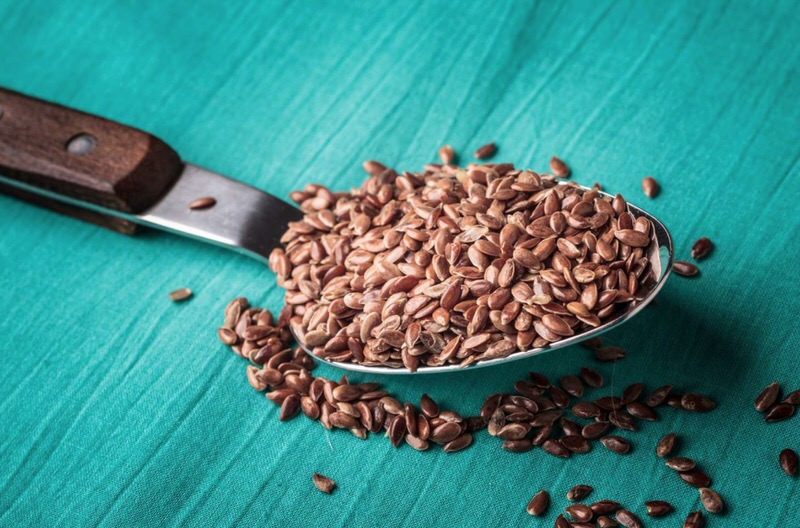The seeds provide us with incredible nutritional benefits for health, which is why they are ideal to include in our daily diet. Find out what they are.

It seems that we are facing a boom in caring for the body and mind, physical exercise and, in turn, food. More and more people decide to take control of their lives and take responsibility for not only living but also living taking care of themselves.
We have started to consume more plant foods and worry that what we eat in our body helps us feel better both inside and outside.
For some time, it is more common to go to enjoy a dish in a restaurant and find very rich dishes and also with the incorporation of seeds, so tiny to look at but so great in their benefits.
Do you really know what a seed is?
The seeds are small plant embryos that are covered by a layer that protects them. They are full of vitamins, minerals, and phytochemicals that protect the plant’s DNA. However, on the other hand, the inner part of the seed known as the endosperm stores the nutritive components for the next germination of the plant.
What benefits can they bring to the people who take them?
So tiny but so large in turn they transmit and generate life to whoever ingests them. By soaking them, we activate their enzymes and improve their digestibility and nutritional quality. It is convenient in some cases if they are very small, it is better to crush them and they will remain as a powder that we can continue adding to our meals, making them really absorbed and not quickly eliminated, preventing them from coming out whole again.
Among the plant foods that we must eat in our daily life, beyond fruits and vegetables are the seeds, within which we can include nuts, legumes and the edible seeds of some plants. Dried sunflower seeds added to a yogurt can be a good addition to your breakfast or even a snack.
Do you know its nutritional value and its nutritional contribution?
They provide us with unsaturated fats and proteins. For example, legumes have satiating power and protein without fat, complex carbohydrates and fiber. In addition, to be a contribution in vitamins and minerals.
The seeds provide most of the amino acids that we need although it is convenient that they be completed to achieve significant contributions. Like the sulfur amino acids methionine and cysteine, which are scarcely present in nuts and legumes, but are present in cereals, it is therefore convenient to mix both food groups to achieve complete protein.
The seeds are usually rich in carbohydrates and fiber like cereals and legumes. There are seeds that are rich in fat such as cocoa and nuts that provide significant amounts of energy.
The fat in nuts and seeds is mostly unsaturated, including essential fatty acids such as omega 3 and 6. For cocoa beans we should not worry since although stearic fatty acid predominates and is saturated, it will not increase cholesterol. And we cannot forget its contribution in vitamins and minerals.
There are probably seeds that we do not know until now, so we leave you a list of those that you can add to your diet such as: chia, quinoa, flax, poppy and sesame seeds.































